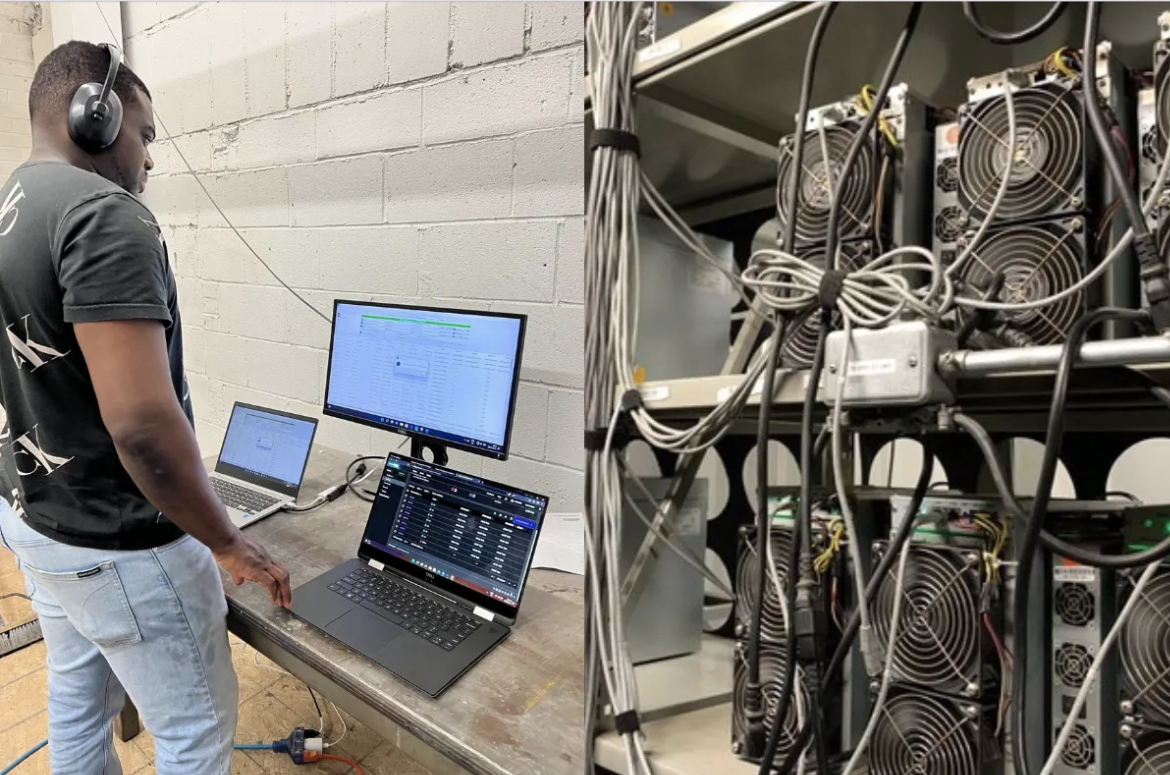Over a 10-year period, Nigeria is reported to have flared 80BN cubic metres of gas, with an approximate value of $1BN a year. With the average gas flare lit 95-97% of the time, progress towards sustainability goals remains ever challenging. Could Bitcoin, the world’s biggest cryptocurrency, underpin efforts to change incentives around flared gas and add new revenue streams to the oil industry?
Gas Flaring – An African Context
Flaring is the controlled burning of gas released during oil extraction. Left uncontrolled, the volatile gas would carry a high risk of combustion and explosion. As oil extraction is often done in remote locations, the gas produced is difficult (and expensive) to capture, store and transport. Licences may also permit only oil extraction, leaving flaring as the most cost effective solution.
The environmental impact however has been catastrophic. Methane released from flaring is 80 times more potent than CO2. So despite only contributing 3% to global CO2 emissions, Africa has become an oversized contributor to the global gas flaring. 6.2% of global gas output is produced on the African continent but it accounts for 20% of global flaring emissions.
Agreement to tackle the risks has largely come alongside global initiatives. The World Bank’s Zero Routine Flaring by 2030 directly takes aim at the issue. Regional initiatives such as the Gas Flaring Reduction Initiative introduced by African Petroleum Producers’ Organization (APPO) aim to support regional implementation.
With numerous African countries providing their signature to clean energy and carbon reduction initiatives, drastic action is needed. Offsetting carbon emissions remains a growth area alongside research into cleaner fuel. But combining financial incentives through Bitcoin, the cryptocurrency, creates a new dimension in the fight against flared gas emissions.
A Recap on Bitcoin
Bitcoin is a decentralized digital currency that operates on a peer-to-peer network. It offers a secure and borderless method of making transactions without the need for intermediaries like banks or governments. Blockchain technology is at the heart of Bitcoin and like cloud computing requires electricity for intensive processing.
Bitcoin, created through a process called mining, is increasingly powered by renewable electricity as sustainability has become an overarching theme of the operating model. By incorporating Bitcoin mining into the process of extracting oil, flared gas becomes a valuable fuel source in the generation of electricity. No costly gas storage, bottling or transportation is needed. Instead the incentive lies in using the gas to generate income by supporting the Bitcoin network.
Bitcoin Mining Globally
Across the world Bitcoin mining is increasingly incorporated into energy production. Africa is no different. Since the start of 2024, Bitcoin mining revenues have mostly exceeded $50M per day. In part due to the enduring popularity of the world’s biggest cryptocurrency.
Earlier this year West Data Group partnered with the Ethiopian government to establish a high performance computing services using the Grand Ethiopia Renaissance Dam. The site is set to deliver 5GW of electricity as Africa’s largest hydroelectric facility.
While countries such as El Salvador have worked Bitcoin into the national economy and have reaped benefits from Bitcoin’s recent resurgent price. For oil producers in Africa, Bitcoin may offer a route to diversify their sources of income. Though unlikely to surpass core business revenues, it does present a compelling case for innovation and actively tackling sustainability goals.
Source: NRG Bloom



